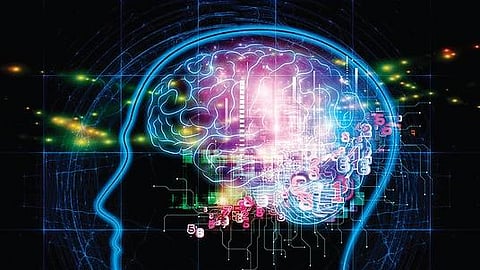

BHUBANESWAR: Early diagnosis and timely treatment can cure Parkinson’s disease (PD), said health experts on the eve of World Parkinson’s Day.
PD is a progressive neurodegenerative condition that affects two to three per cent of people over 65 years old and is the most rapidly increasing neurological disorder in the country.
Senior neurosurgeon of AMRI Hospitals Dr Amit Jaiswal said the disease is a chronic and progressive neurological disorder that primarily affects movement.
It occurs when nerve cells in the brain, specifically those responsible for producing dopamine, do not function. “It is important to recognise symptoms like tremor and bradykinesia (slowness in activities). People who develop PD often have symptoms before the disease manifests and their cognitive function declines,” he said.
In the human body, the nervous system controls the nerves and plays a crucial role in managing motor skills, body movements and speech. As the disease progresses, people experience non-motor symptoms such as mood disorders, cognitive impairment, sleep disturbances and autonomic dysfunction.
"Apart from medication, surgical procedures such as deep brain stimulation (DBS) can alleviate tremors, rigidity and slowness. But surgery can only be adopted in resistant PD cases," said Dr Jaiswal.
Although the exact cause of PD remains elusive, a combination of genetic predisposition, lifestyle, environmental factors, substance abuse and biological ageing is believed to contribute to the development of the disease.
Senior neurologist Dr PR Bhuyan said Parkinson’s is a common problem for the elderly where their speech gets slurry and their activities become slow due to neurodegenerative conditions.
“There has been a steady rise in the number of patients diagnosed with PD in Odisha due to awareness and advanced diagnostics to detect the disease. We are now seeing more and more people suffering with Parkinsonism as the elderly population is increasing. The cases have gone up by 10 to 20 per cent in last one decade,” he added.
Noted neurosurgeon Dr Ashok Kumar Mahapatra said PD may have emerged as a critical problem in the elderly population, it can be managed through a well-balanced lifestyle, physical exercise and proper diet.